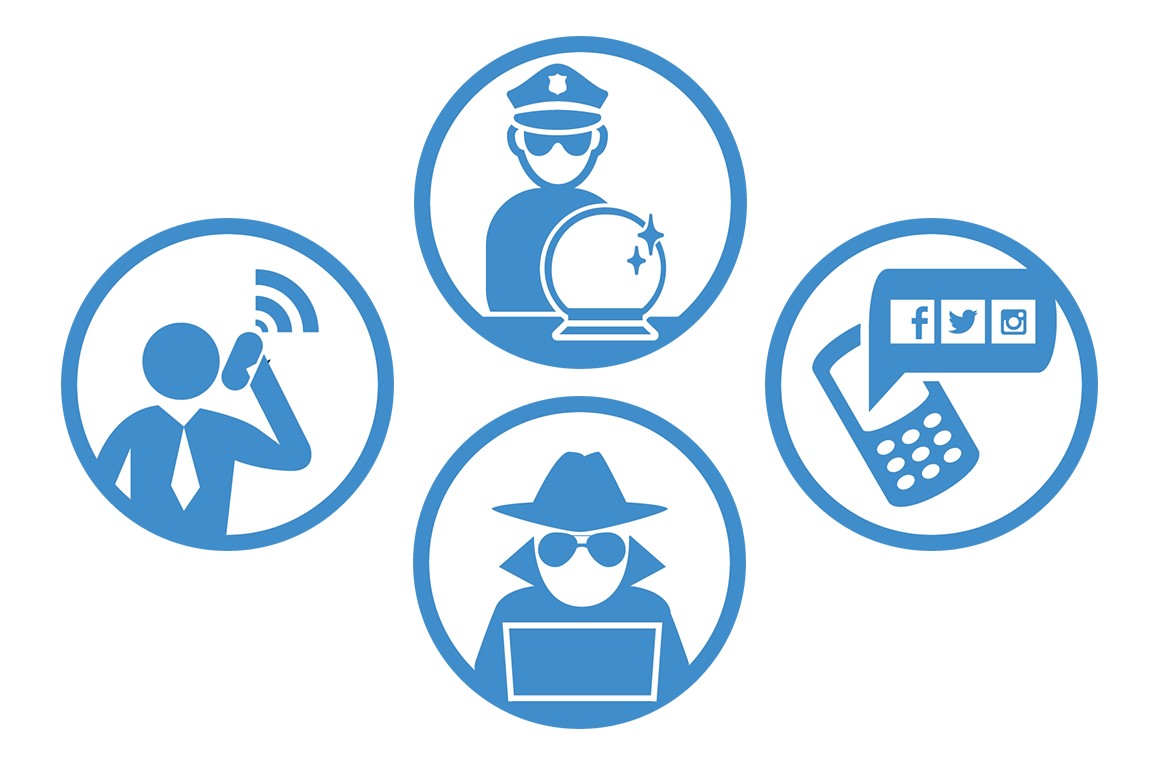
In an era of expanding digital surveillance powers, protecting your privacy from government monitoring has become a pressing concern for many Americans. As administrations leverage sophisticated tracking technologies and data collection methods, understanding how to shield your digital life is more relevant than ever.
Here's a practical guide to strengthening your privacy defenses:
Secure Your Communications
Use end-to-end encrypted messaging apps like Signal or WhatsApp for sensitive conversations. These tools make it extremely difficult for anyone, including government agencies, to intercept your messages and calls.
Browse Anonymously
The Tor Browser routes your internet traffic through multiple servers, masking your location and identity. Consider using a trusted VPN service to add another layer of protection when accessing the internet.
Protect Your Devices
Enable full-disk encryption on your computers and phones. Use strong passwords and biometric locks. Regularly update your operating systems and apps to patch security vulnerabilities.
Be Smart About Social Media
Limit the personal information you share online. Review your privacy settings regularly. Remember that posts, photos, and location data can be used to track your movements and associations.
Watch Your Digital Trail
Pay attention to metadata - information about who you contact, when, and for how long. Use cash for sensitive purchases when possible. Consider leaving your phone at home during private meetings or protests.
Know Your Rights
Familiarize yourself with your legal protections regarding searches and surveillance. You have the right to remain silent and to refuse consent for searches of your devices without a warrant.
Practice Security Culture
Build privacy-conscious habits into your daily routine. Share these practices with family and friends. The more people who adopt strong privacy measures, the more normalized and effective they become.
While no privacy measure is perfect, implementing these basic protections can help reduce your digital exposure to government surveillance. As monitoring technologies evolve, staying informed about emerging threats and countermeasures remains an ongoing responsibility.
The balance between security and privacy continues to spark debate, but citizens maintain the right to protect their personal information from unwarranted intrusion. By taking proactive steps to safeguard your digital life, you help preserve civil liberties in an increasingly connected world.